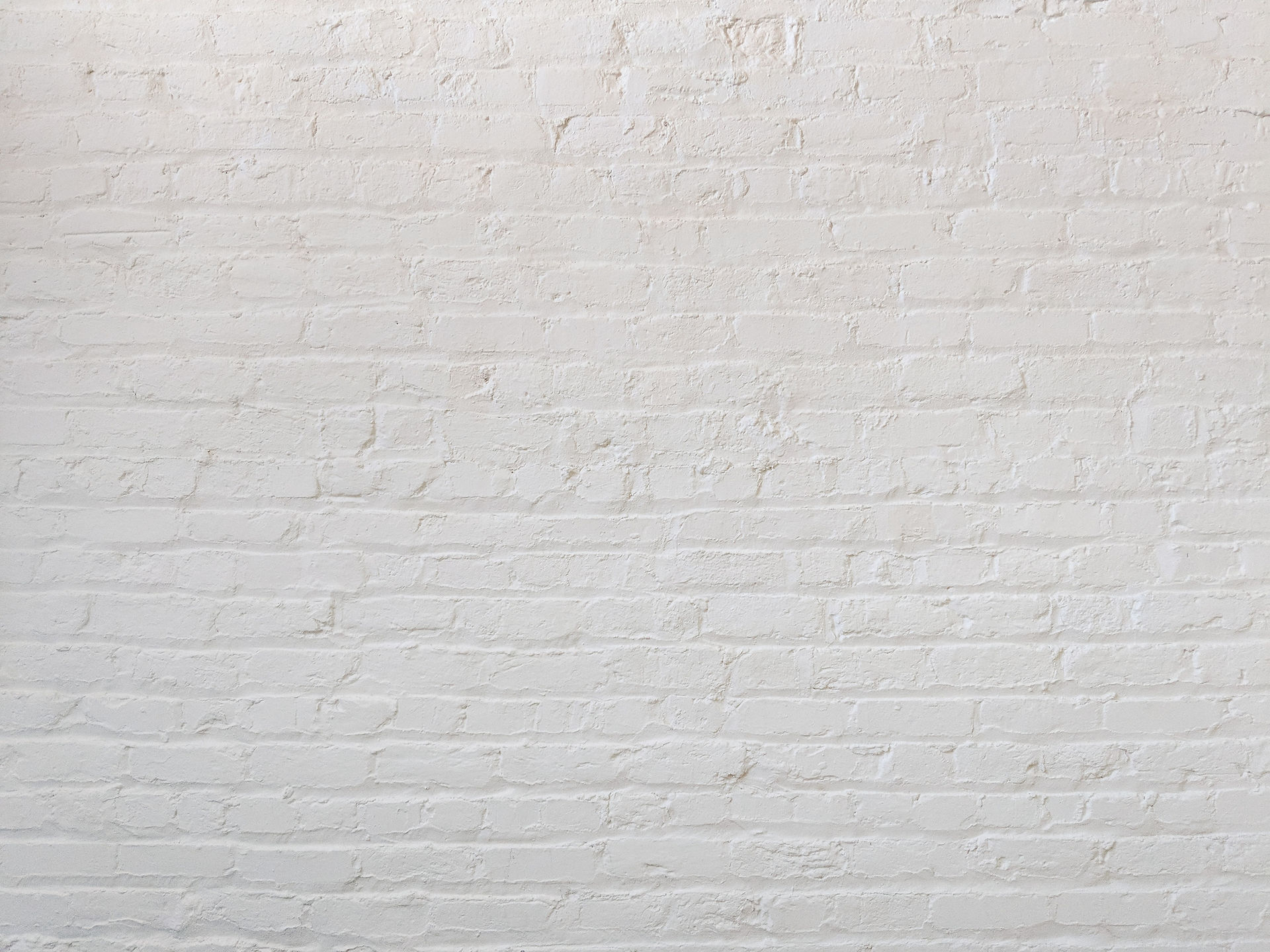Common New Jersey Homeowner Water Issues
- Quality Home Developers
- Jul 24, 2024
- 2 min read
Updated: Sep 19, 2024
New Jersey homeowners often face a variety of water-related issues. From flooding to water leaks, these problems can cause significant damage to property and require costly repairs.
Understanding the common water issues in New Jersey can help you take preventive measures to protect your home.
Flooding
Flooding is one of the most prevalent issues for New Jersey homeowners, especially in low-lying areas or near rivers and coasts. Heavy rainstorms, hurricanes, and snowmelt can all contribute to flooding. Floodwaters can damage foundations, walls, and electrical systems, making them costly to repair. To mitigate flooding risks, consider installing a sump pump, improving drainage around your property, and purchasing flood insurance.
Water Leaks
Water leaks are another common problem for homeowners in New Jersey. Leaks can occur in various parts of your home, including the roof, plumbing, and basement. Even a small leak can lead to significant damage over time, such as mold growth and structural weakening. Regular inspections and maintenance are crucial to identifying and repairing leaks promptly. Look for signs of water damage like stains on walls or ceilings, musty odors, and unexplained increases in your water bill.
Basement Moisture
Basements in New Jersey homes are particularly susceptible to moisture issues due to the state's climate and soil conditions. Moisture can seep through basement walls and floors, leading to mold growth and a damp environment. To combat basement moisture, ensure proper grading around your home, seal any cracks in the foundation, and use a dehumidifier to keep the air dry.
Roof Leaks
Roof leaks are a common issue in New Jersey, especially during heavy rainstorms or snowmelt. Damaged or missing shingles, poor installation, and clogged gutters can all contribute to roof leaks. Regular roof inspections and maintenance are essential to prevent leaks. Clear debris from gutters, replace damaged shingles, and ensure proper attic ventilation to extend the life of your roof.
Sewer Backups
Sewer backups can occur due to heavy rainfall, clogged pipes, or aging sewer systems. These backups can cause raw sewage to enter your home, posing significant health risks and requiring expensive cleanup. Installing a backwater valve and maintaining your sewer lines can help prevent backups. If you experience frequent backups, consult a professional plumber to assess and resolve the issue.
Frozen Pipes
During the winter months, New Jersey homeowners may face the issue of frozen pipes. When water in the pipes freezes, it can cause the pipes to burst, leading to significant water damage. To prevent frozen pipes, insulate pipes in unheated areas, keep your home adequately heated, and let faucets drip during extreme cold spells.
In conclusion, being aware of these common water issues can help New Jersey homeowners take the necessary steps to protect their properties. Regular maintenance, timely repairs, and preventive measures can save you from costly damages and ensure your home remains safe and dry.

.png)



Comments